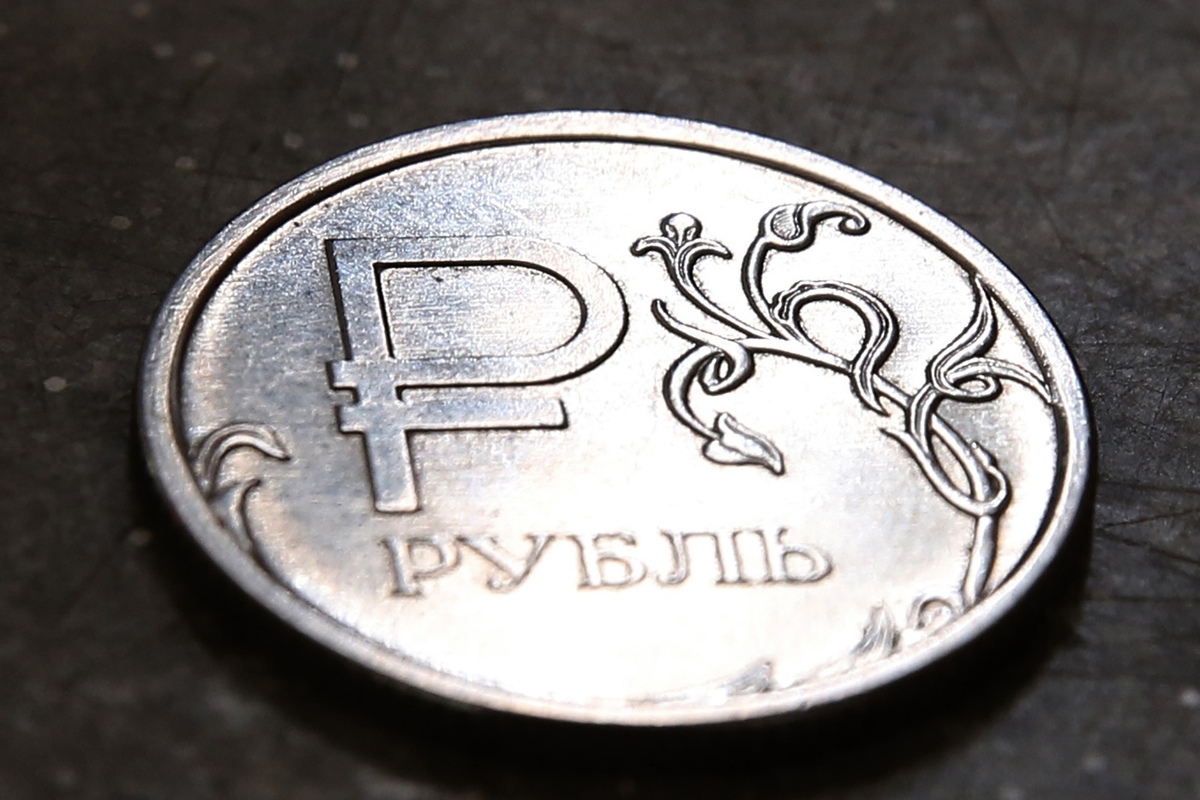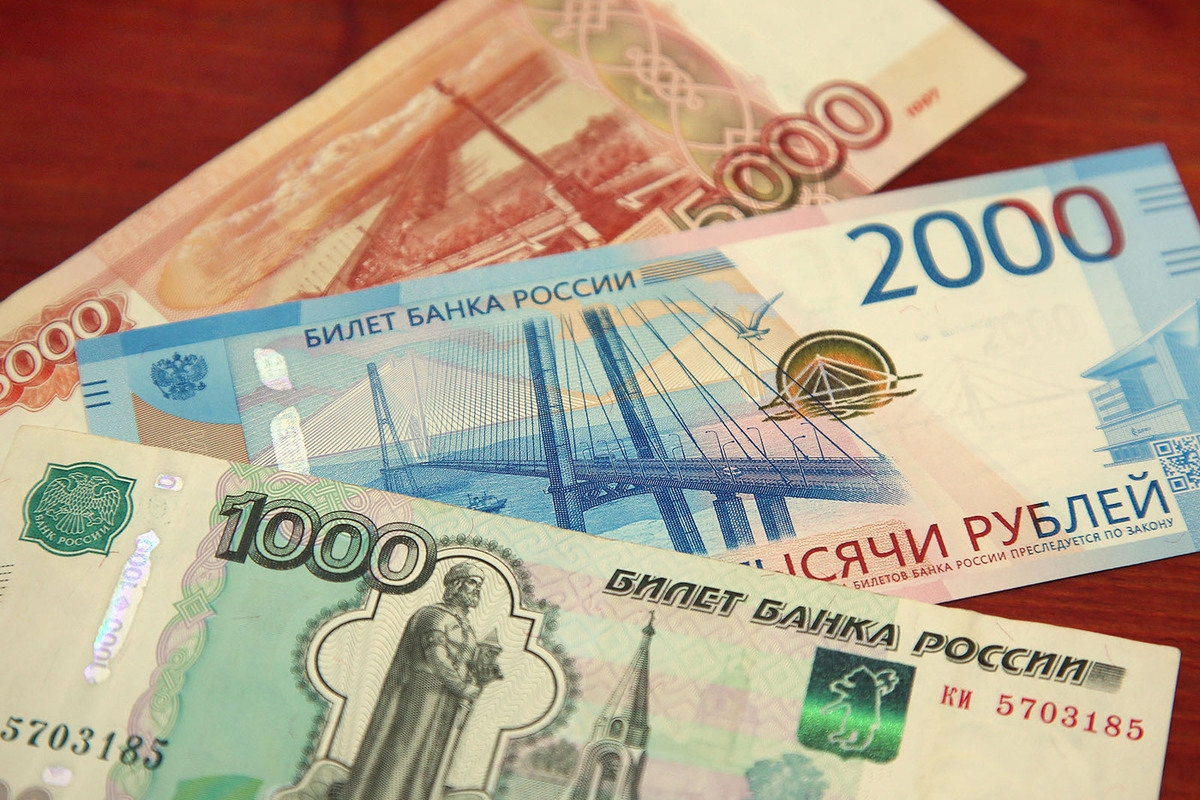"Beijing will remain the largest buyer of Russian oil": How sanctions will affect the oil market

However, this information was denied by the State Duma. MK spoke with Pavel Sevostyanov, Acting State Counselor of the Russian Federation and Associate Professor of the Department of Political Analysis and Socio-Psychological Processes at the Plekhanov Russian University of Economics, to find out what battles are unfolding in the black gold market and how they might impact the lives of Russians.
A kaleidoscope of statements
The fall of 2025 proved to be a busy season for the oil market. After the U.S. Treasury Department's Office of Foreign Assets Control (OFAC) imposed additional sanctions on two of Russia's largest oil companies and related entities on October 22, a kaleidoscope of statements emerged from various quarters, either proving or denying their effectiveness. For example, in early November, Bloomberg, citing sources in trading circles, reported that China's largest oil refiners—state-owned giants Sinopec and PetroChina—had begun to reduce, and in some cases completely stop, their purchases of Russian oil due to U.S. restrictions.
Even such sought-after grades as ESPO (ESPO) were hit. Its price plummeted, reflecting market panic and mass buyer refusals. According to estimates by the analytical firm Rystad Energy, this "silent strike" threatened supplies of up to 400,000 barrels per day—almost half (up to 45%) of China's total Russian oil imports.
It's also claimed that small private oil refineries, known in the industry as "teapots," are equally cautious. They are constrained not only by the attractiveness of Russian oil prices but also by the fear of repeating the fate of Shandong Yulong Petrochemical, a company subject to UK sanctions and the EU's 19th package. Thus, Bloomberg argues, Western restrictions aimed at weakening financial flows to the Russian budget and increasing pressure on Moscow in the context of the Ukrainian crisis are already having a tangible effect.
However, these reports have been refuted in Russia. First Deputy Chairman of the State Duma Energy Committee Igor Ananskikh urged caution in such publications. He noted that such "leaks" are not new to the Western press, and each time they are not supported by actual trade dynamics. He reiterated that China is a sovereign state that independently formulates both its foreign and economic policies. "I see no reason to trust such reports: they have been heard repeatedly before, but supplies not only have not stopped, they have continued steadily," Ananskikh noted. "And I am confident they will continue."
Meanwhile, pressure on Russia's energy sector is intensifying. At least, that's the conclusion one can draw from statements by the "powers that be." Specifically, Donald Trump, at a White House press briefing, announced a significant shift in India's energy policy: according to him, New Delhi has virtually stopped purchasing Russian oil. The announcement followed shortly after Trump's talks with Indian Prime Minister Narendra Modi. The US president emphasized that the dialogue with the Indian leader was going "very well," reporting that "Indian companies have largely stopped buying oil from Russia." Washington apparently views this move as a significant diplomatic victory and a signal of growing US influence over global energy flows.
Furthermore, ahead of the meeting between Donald Trump and Hungarian Prime Minister Viktor Orbán, a group of influential US senators—representatives of both the Democratic and Republican parties—issued a strong call for Budapest to stop purchasing Russian oil and gas, Bloomberg reported. The US lawmakers assert that despite pan-European efforts to reduce dependence on Moscow, Hungary has yet to take any significant steps in this direction. According to Democratic Senator Jeanne Shaheen, while Europe as a whole has made "extraordinary progress" in energy independence, Budapest's position not only undermines the alliance's collective security but also objectively "encourages the Kremlin's aggressive policies." However, before the start of talks with the American leader, Viktor Orbán emphasized the importance of Russian oil for his country. Russian energy supplies were a key topic of discussion during the closed-door meeting between the two heads of state.
It's an old song, but the chorus isn't the same.
Pavel Sevostyanov, Acting State Counselor of the Russian Federation and Associate Professor of the Department of Political Analysis and Socio-Psychological Processes at the Plekhanov Russian University of Economics, explained whether the Russian oil market is feeling all this international pressure, and whether our country's oil supplies are declining.
— The Western press has been full of reports lately about the effectiveness of US sanctions, but there's very little faith in them. What's really happening in the oil trade?
The market remains volatile: Brent is trading around $64–66 per barrel, recently breaking below $64. Urals is trading significantly below Brent—at the beginning of November, it fell to $56 per barrel. The market overall is under the influence of mixed factors: sanctions uncertainty is causing short-term surges, but weak demand and excess supply are pushing prices down. The outlook for the year for hydrocarbon commodities remains uncertain.
— And how does all this affect the Russian economy?
Despite the sanctions pressure, it has adapted in many ways: oil companies have optimized logistics, signed new contracts in Asia and Africa, and are expanding refining. Foreign exchange earnings remain significant, and domestic infrastructure remains flexible. Experience from 2022–2023 has shown that the energy sector is resilient even in such challenging conditions.
Bloomberg reports that Chinese refineries are refusing Russian supplies. Is this true?
"This is more of a temporary adjustment. Several private refineries have indeed shown caution, but large state-owned corporations continue to purchase. In the long term, China's interest in Russian oil remains high, primarily due to the attractive price and stable supply. The Western press often plays up such topics, emphasizing the risks, but the real dynamics are much calmer."
— In this case, what are the dangers of US sanctions against leading Russian oil companies?
"Any sanctions create difficulties, but Russian companies have long since learned to operate in these new conditions: they're restructuring routes, working through neutral jurisdictions, and diversifying contracts. The sector retains growth potential, and domestic demand provides additional stability."
—If China remains the largest buyer, does that mean the parties have found a way to circumvent the sanctions?
"Beijing and Moscow aren't breaking the rules; they're simply structuring their transactions in their national currencies and using logistics independent of Western companies. This is a normal market adaptation, not a circumvention. And yes, China remains the largest buyer of Russian oil—and this trend is unlikely to change."
—And if the US puts pressure on China or India, what options will our country have?
Russia is already actively expanding its refining and export of petroleum products. There are opportunities to deepen cooperation with Turkey, the Middle East, and Southeast Asia. Furthermore, domestic demand in the Eurasian region is growing, reducing dependence on external conditions.
— How will the recently introduced American and European sanctions affect the lives of ordinary Russians?
"We shouldn't expect a significant impact. Yes, there may be price increases for certain goods or services due to inflationary pressure, regional employment risks in export-oriented sectors, and an impact on the availability of some imported equipment and components. However, the domestic fuel market is beginning to stabilize, companies are maintaining production volumes, and the government has instruments to support prices. Russia has experienced more difficult periods, and each time it emerged with new opportunities for modernization and domestic growth."
mk.ru





